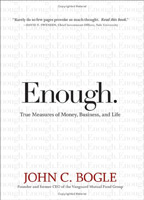
European debt crisis puts pressure on the continent’s currency
For more than a year, the European Union has been in crisis over the huge debts faced by its weakest economies. Cutbacks in social programs and benefits have stirred unrest in those countries, as well as in better-off nations in the Eurozone. The specter of sovereign default looms across the continent. The way out of Europe’s volatile debt crisis is likely to involve painful belt-tightening, increased emergency aid, and eventually a restructuring of debt in the most troubled countries, according to finance experts at the W. P. Carey School of Business.






